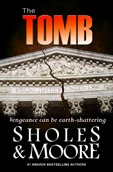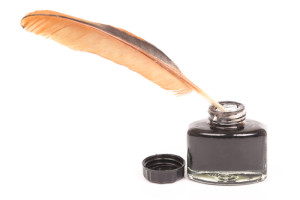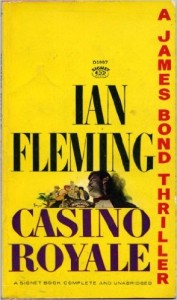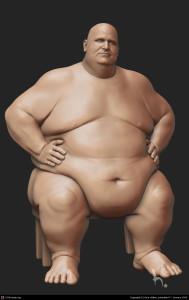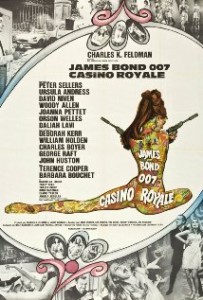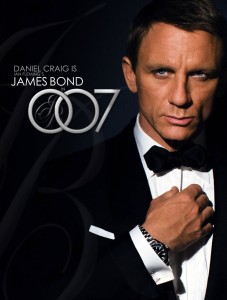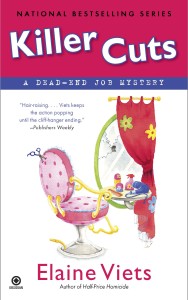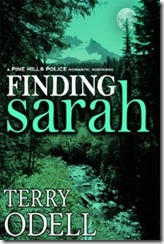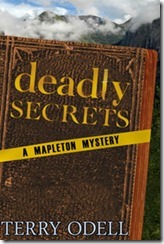By PJ Parrish
When I was a kid, I feasted on Nancy Drew. What future crime dog of the female persuasion didn’t? The blonde sleuth from River Heights was our lodestar.
Back in the Fifties, I had all the books, the ones with the beautiful dust jackets. Alas, I don’t have them anymore. They went the way of my original DC comics and my Beatle dolls. I don’t do well in the stock market either.
I’ve been re-collecting the old Nancy books for the last decade or so and the other day, just for fun, I cracked open a copy of one of my favorites, The Clue in the Crumbling Wall. And there she was.
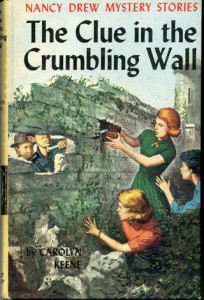
Not Nancy but her chum George Fayne. And she was just like I remembered her – brown-eyed, short dark hair, tom-boyish, a little clumsy.
Not at all like Nancy. But a lot like me.
I admired Nancy. But I loved George. She was the anti-Nancy, flawed and human. Through more than 60 adventures, she was always there at Nancy’s side, along with the other cousin, Bess. (That’s George at left with the dark hair). Revisiting Nancy and George got me thinking about how important sidekicks are in mystery series. Sure, there are some lone wolves — Jack Reacher and James Bond come to mind. But most series feature one and sometimes two secondary characters who orbit the stars and provide needed reflective light.
I love sidekicks, as a writer and a reader. I think this is because while the hero represents the ideal, who we might want to be, the sidekick is who we really are. Okay, we’re not super-heros and we don’t save the day. But we like to think of ourselves as reliable, steadfast, smart and…there when needed.
My own series hero Louis Kincaid was a lone wolf in the early books. Yes, there were secondary characters who helped him solve the cases. But then, in book five, this burned-out, half-blind detective Mel Landeta walked on stage. He was supposed to be a cameo, just another case facilitator. But he was so damn interesting. And as part of Louis’s character arc, he needed to start adding “family” to his life. So Mel got to stick around.
If you are considering a series, it’s a good idea to think hard about second bananas. First, they have great appeal. (Sorry, I had to get that out of my system before I could go on). But they are also very useful. More on that in a moment but first, it might be useful to examine the different types of pairings you might create:
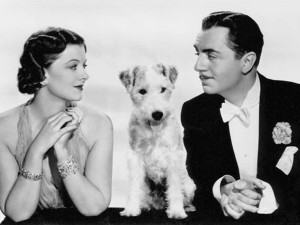
The Teammate: This is actually a dual protagonist situation, wherein there are two equally active case solvers. The classic example is Dashiell Hammett’s Nick and Nora Charles. (Maybe Asta the dog was the sidekick?) Modern examples are Paul Levine’s Steve Solomon and Victoria Lord, and SJ Rozan’s Lydia Chin and Bill Smith (who appear in alternating books and sometimes together).
The Sidekick. This character is not an equal to the protag but almost as important in propelling the plot. He or she is a fixture in a series, a reoccurring character. The classic example, of course is Holmes and Watson. But others include Nero Wolf and Archie Goodwin, or Cocker and Tubbs from the old Miami Vice series.
The Confidant: One step lower on the totem, this character might not actively work a case with the hero, but acts as a sounding board for the hero. My fave confidant is Meyer, who sits on the Busted Flush sipping scotch and spouting wisdom about chess and economics as he listens to Travis McGee ponder out the case. (or his latest lady problem) Meyer serves as an anchor of sorts when McGee’s moral compass wanders. More on that later!
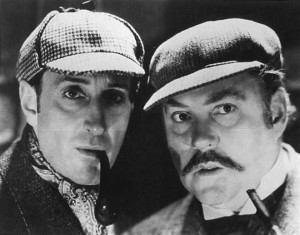
The Foil: Some folks use “foil” and “sidekick” interchangeably, but I think the foil deserves its own category. This a character who contrasts with the protag in order to highlight something about the hero’s nature. Hence the word “foil” — which comes from the old practice of backing gems with foil to make them shine brighter. We can go all the way back to the first detective story to find a great foil: In Poe’s The Purloined Letter, the hero Dupin has the dim-witted prefect of police Monsieur G. Some folks might even say Watson is a foil for Holmes because his obtuseness makes Holmes shine brighter.
Or consider Hamlet and Laertes. Both men’s fathers are murdered. But while Hamlet broods and does nothing, Laertes blusters and takes action. And the contrast sheds light on Hamlet’s character. Hamlet himself says, “I’ll be your foil, Laertes. In mine ignorance your skill shall, like a star in the darkest night, stick fiery off indeed.”
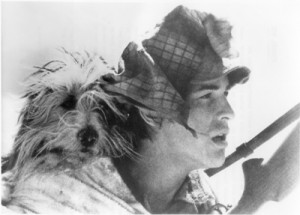
Non-Human Helpers: Okay, this is for fun but hey, there’s a whole sub-genre devoted to this one — cat mysteries with dogs are coming on strong. My favorite in this category is Harlan Ellison’s chronicles: A Boy and His Dog, which tells the story of Vic and his telepathic dog Blood trying to survive the post-apocalyptic world after a nuclear war. And don’t forget Wilson the volley ball. In the movie Cast Away, he’s the only being Tom Hanks gets to talk to with such memorable dialog as “Don’t worry Wilson, I’ll do all the paddling. You just hang on.”
Before we move on, let’s take a break for a quiz. Here’s a list of sidekicks in mysteries. How many of their hero-friends can you identify? (Answers at end. Don’t cheat.).
1. Ricardo Carlos Manoso, AKA Ranger.
2. Clete Purcell
3. Vinnie LeBlanc
4. Win Horne Lockwood III
5. Bunter
6. Mouse Alexander
7. Barbara Havers
8. Hamish
9. Salvatore Contreras
10. Mutt
Now let’s look at exactly how a good sidekick or confidant can help both your plotting and your character development.
They inject a sense of normalcy. Because we are asking them to shoulder the plot, protags can sometimes feel super-sized. Sherlock Holmes is hyper-intelligent, violin-playing, abrupt and sort of misanthropic. So we get Doctor Holmes to relate to.
They humanize the hero. Holmes can be an arrogant SOB, but his kindness toward Watson makes him more likeable. And consider Sue Grafton’s Kinsey Milhone. She has no family (two ex husbands don’t count) and no real friends. But her friend old Henry Pitts is there with fresh baked cookies and a shoulder to cry on – and to hear her work out a case.
They illustrate the hero’s backstory. We all know the dangers of inserting the dreaded info-dump into our stories. One of the most graceful ways of giving our hero context and background is through the point of view of a sidekick.
They provide access to authority. This is vital to those of you who write an amateur sleuth. How do you get your protag needed access to police, forensics, case files and all the tools needed to solve the mystery? If your heroine runs a B&B in Maine, you give her a buddy on the local force. Dorothy L. Sayer’s Lord Peter Wimsey has Charles Parker as his police contact.
They can darken your story’s chroma: Sometimes, you just need a character who is a little off the grid, someone who can do the dirty deeds that you don’t want to give to your hero. Robert B. Parker uses Hawk in this manner, as does Robert Crais whose silent Joe Pike is yin to Elvis Cole’s yang.
They give a different point of view. A sidekick offers a chance for a different interpretation of whatever is happening in the story.
They serve as a sounding board. This is vital to propelling your plot forward. Yes, you can have your hero sitting around reading case files or have a your PI noodling out the clues in his head. Snooze-fest! Dialogue is the life blood of good plotting so give your hero someone to talk to. Give your McGee a Meyer.
Okay, now let’s go over some quick do’s and don’t’s regarding these folks.
DO: Establish the bond. The first rule is that the primary relationship between the main character and the sidekick is trust and loyalty. Their bond is unbreakable, though the reader needn’t necessarily know this. It is your job to build this relationship with believability and even some tension. One of the best ways to inject momentum in the middle of a story is to create a riff in the team. (Remember the guys fighting on the Orca in Jaws?) Think of the jolt your story can get if, for some plot reason, you break the team up then later have the hero saved by the unexpected return of the contrite sidekick. I used this in the first book with Mel Landeta and Louis. They start at loggerheads, become allies, then split before coming back together. That tension helped propell the middle of the book, much like a good romance gets its tension from boy-gets-girl-boy-loses-girl-etc.
DON’T: (Okay…I’m going out on a limb here.)…have them fall into bed. This is just me, I know. But I think you risk letting all the steam out of a team when romance rears its ugly head. Moonlighting lost its luster once Maddie and David jumped in the sack. Now it’s your turn and tell me why I am wrong about this. Go ahead…I can take it.
DO: Make your sidekicks human and colorful. Give them idiosyncracies and their own full dossiers. Don’t make them easy stereotypes. Don’t give us another Hawk or Pike. Others have tilled that soil.
DON’T: Give them weird tics like bad dialects. Or make them whiners. Or have them come across as dense. That won’t reflect well on your protag. Like a well-written villain, a sidekick must be worthy of the hero’s attention, if not respect.
DON’T: Let them overshadow the hero. This is important. Take it from me. In one of our later Louis books, my editor came back with the criticism that Mel was getting all the good lines and was looking smarter than Louis. We had to do major rewrite to get the spotlight back on our hero. There is something about writing secondary characters that frees us to indulge our best creative tendencies. Because they don’t shoulder the plot, they can be more fallible, crazier – a lot more fun. But the sidekick should never be more interesting or complex than the hero. The sidekick tends to be steadier in mood and temperament. Remember Fonzie? He was a lot more fun to hang around with than Richie Cunningham. At least until he jumped that shark.
Which brings me back to George Fayne. Back in the Fifties, when I was gorging on the Nancy Drew books, little did I know…
Turns out George is a lesbian icon. She’s got her own chapter in a scholarly book, The Lesbian Menace: Ideology, Identity, and the Representation of Lesbian Life. She was the topic of a panel at a conference called “Lesbian Code in Nancy Drew Mystery Stories.” She is beloved on butch blogs.
To which the 87-year-old ghost-writer of the series Mildred Benson once responded to a New York Times reporter, “This is the silliest, most out-of-the-picture thing I’ve ever heard! I’d like to blow a cork!”
Amen, sister. I mean, who cares about George’s sex life? To me, she was just fun to hang around with.
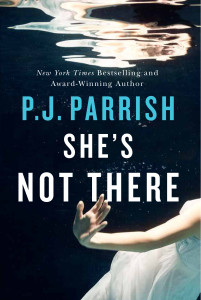
Postscript: Please bear with me for a little BSP: My publisher is running a book giveaway of my September release SHE’S NOT THERE over at Good Reads this month. If you’d like to sign up to get a free copy of the lovely trade paperback, please CLICK HERE. Now we return to our regular programming.
QUIZ ANSWERS
1. Stephanie Plum (Janet Evanovich)
2. Dave Robicheaux (James Lee Burke)
3. Alex McKnight (Steve Hamilton)
4. Myron Bolitar (Harlan Coben)
5. Lord Peter Wimsey (Dorothy L. Sayers)
6. Easy Rawlings (Walter Mosley)
7. Inspector Thomas Lynley (Elizabeth George)
8. Ian Rutledge (Charles Todd)
9. V. I. Warshawski (Sara Paretsky)
10. Kate Shugak’s dog (Dana Stabenow)
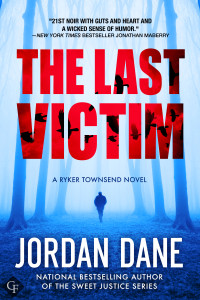 The Last Victim – When he sleeps, the hunt begins.
The Last Victim – When he sleeps, the hunt begins.


